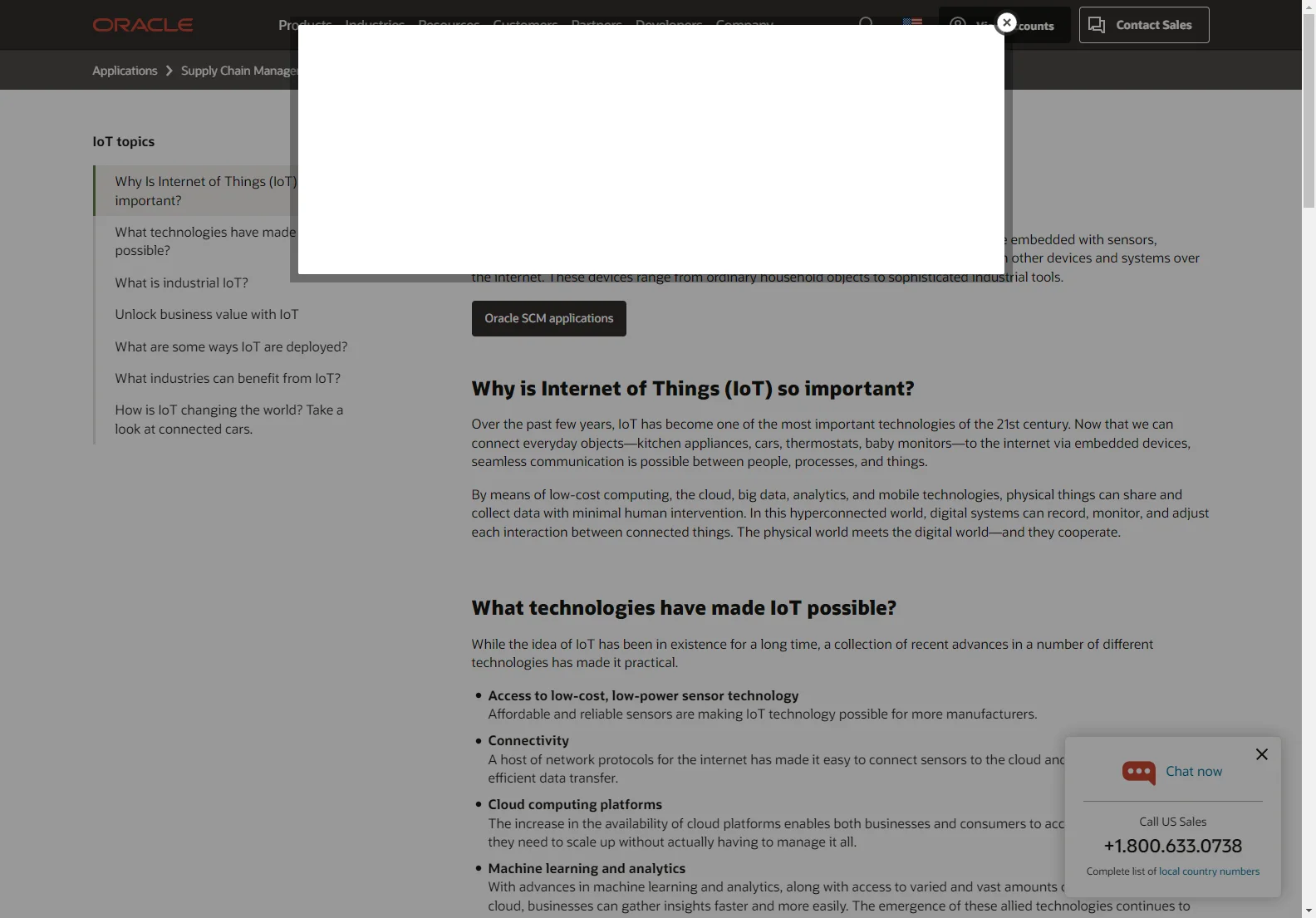What Is the Internet of Things (IoT)?
The Internet of Things (IoT) is a vast network of physical objects—'things'—embedded with sensors, software, and other technologies. These 'things' connect and exchange data with other devices and systems over the internet, ranging from everyday household items to sophisticated industrial tools. This interconnectedness allows for seamless communication between people, processes, and things, creating a hyperconnected world where digital systems monitor and adjust interactions.
Why Is IoT So Important?
IoT's significance stems from its ability to connect everyday objects to the internet, enabling seamless communication. Low-cost computing, cloud technology, big data, analytics, and mobile technologies facilitate data sharing and collection with minimal human intervention. This allows for real-time monitoring, analysis, and adjustments to various processes and systems.
Technologies Enabling IoT
Several technological advancements have made IoT practical:
- Low-cost, low-power sensor technology: Affordable sensors are crucial for widespread IoT adoption.
- Connectivity: Various network protocols simplify connecting sensors to the cloud and other devices.
- Cloud computing platforms: Cloud platforms provide scalable infrastructure for businesses and consumers.
- Machine learning and analytics: These technologies enable faster and easier data analysis and insights.
- Artificial intelligence (AI): AI increases demand for cloud services and data centers for model training.
What Is Industrial IoT (IIoT)?
Industrial IoT (IIoT) applies IoT technology to industrial settings, focusing on sensor and device control using cloud technologies. It represents a new level of automation, enabling new business models and revenue streams. Common IIoT applications include smart operations in manufacturing, maintenance, inventory management, smart power grids, smart cities, connected logistics, and smart digital supply chains.
Unlocking Business Value with IoT
IoT offers significant business value:
- Data-driven insights for better business management
- Increased productivity and efficiency
- New business models and revenue streams
- Seamless connection between the physical and digital worlds
IoT Applications and Deployments
IoT's ability to provide sensor information and enable device-to-device communication drives diverse applications:
- Manufacturing: Machine and product-quality monitoring for increased efficiency.
- Asset Tracking: Real-time location tracking and protection of high-value assets.
- Wearables: Monitoring human health and environmental conditions.
- Connected Logistics: Improved efficiency and safety in fleet management.
- Preventive Maintenance: Remote machine monitoring and triggering service calls.
Industries Benefiting from IoT
Many industries benefit from IoT, including:
- Manufacturing: Proactive maintenance and improved asset performance management.
- Automotive: Predictive maintenance and enhanced customer relationships.
- Transportation and Logistics: Real-time rerouting and inventory tracking.
- Retail: Inventory management, enhanced customer experience, and supply chain optimization.
- Public Sector: Improved service delivery and resource allocation.
- Healthcare: Asset tracking and improved patient care.
How IoT Is Changing the World: Connected Cars
IoT is transforming the automotive industry with connected cars. Remote car operation, automated service appointments, and new "transportation-as-a-service" models are emerging. Continuous software upgrades are also becoming possible, changing the traditional car ownership model.
Conclusion
The Internet of Things is revolutionizing how we interact with the world around us. Its impact spans various industries, offering opportunities for increased efficiency, innovation, and improved quality of life.

